Ant-Man and The Wasp: Quantumania is wild. Peyton Reed kicks off Phase 5 of the Marvel Cinematic Universe with a bright, zany, and utterly unrestrained “trip” into the Quantum Realm, by breathlessly imagining the unknown, and leading our imaginations into weird and wonderful places. The subatomic universe that our heroes unwittingly find themselves in glows with a florid, psychedelic sensibility that feels distinctly like it’s been lifted from the pages of a comic book.
Visually, it is dreamlike, even hallucinogenic. Narratively, it isn’t afraid to embrace the silliness that’s inherent to the genre. There is nothing reining this in. And it is what makes Quantumania such a fun time at the movies. Much like Thor: Love and Thunder, and Werewolf by Night, and The Guardians of the Galaxy Holiday Special, there seems to have been very little adult supervision here. Now don’t get me wrong. This movie is still very much a cog in the Marvel machine. (For better and for worse.) But there is just enough creativity here that it doesn’t feel like your average assembly line fare. (For those keeping count, this is the 31st movie in the MCU!)
Behold, the Conqueror!
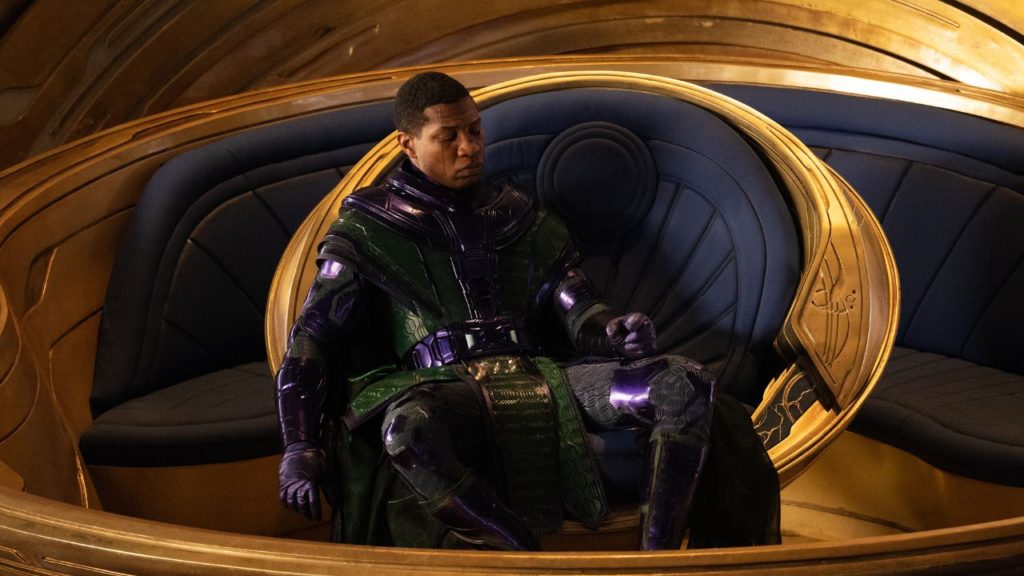
Over the years, Marvel has developed a confidence in the way it introduces new characters. We’ve become so used to this living, breathing universe of superheroes and supervillains that they can all but do away with the elaborate origin arc. As audiences, all we’re interested in are their individual motivations and how they relate to this specific story. What this means is that these movies require far less setup than they used to. And this despite the sheer number of characters they now throw into the mix.
To that end, Ant-Man and The Wasp: Quantumania wastes absolutely no time in getting us to the action. After a brief catch up with where everyone is and what they’ve been up to, our heroes are unceremoniously sucked into the Quantum Realm and forced to confront a terrifying new threat. One that will undoubtedly have a lasting impact, not just on the Pyms and the Langs, but on the next nine movies and God knows how many TV shows.
This time, Marvel is putting all of their eggs in the Jonathan Majors basket, a tremendous actor whose rich, baritone voice is enough to convey a range of pathos. Here, he plays Kang the Conqueror, a space faring, time traveling, megalomaniac who is hellbent on revenge. He is obsessed with winning. And seems completely disinterested in anything other than himself. But what makes Kang so terrifying, however, isn’t just that he moves with complete conviction, but the intentionality to every one of his actions. This is all Majors. He brings such a layered performance to the proceedings, balancing a berserker rage with a demented sadness, that we’re left captivated by his thrall. He is vulnerable. He is scary. He is, God forbid, likable.
Majors as Kang shows us how much a truly compelling villain can elevate a Marvel movie.
The flip side to this, however, is that Ant-Man himself becomes something of a bit player in his own story. Poor Scott spends the entire runtime of the movie running around either trying to protect his daughter or tasked with retrieving some McGuffin. All that stuff about “him wanting to regain lost time” is barely touched upon. (Maybe that was just marketing material required by the trailer department.) Everyone around Scott changes in some way, but he experiences little to no character growth whatsoever. And it’s only because of Paul’s Ruddness that we are willing to look past it.
How Many Paul Rudds Does It Take to Change a Lightbulb?
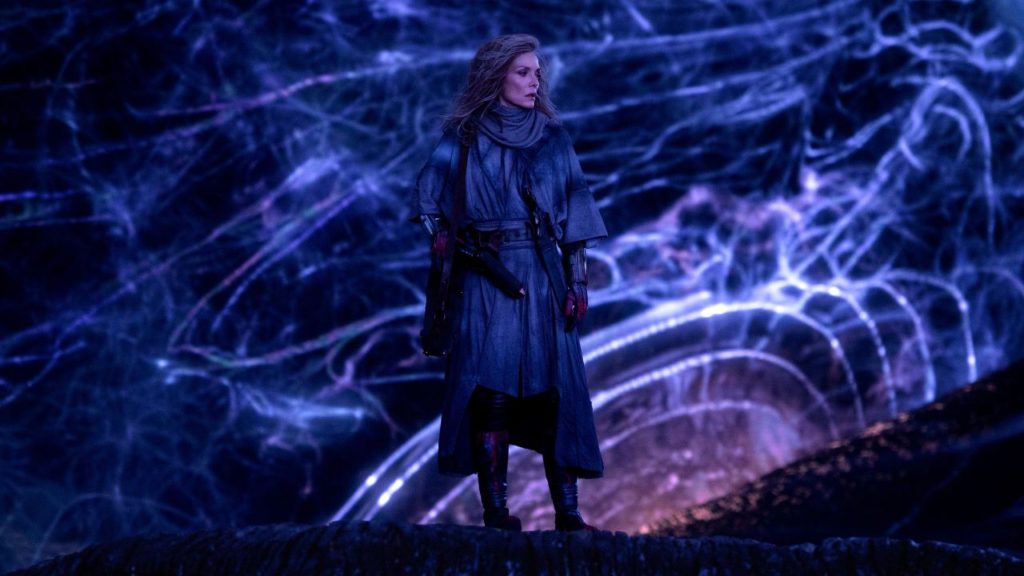
The last two Ant-Man movies were designed to be breathers. The first was something of an amuse-bouche before the crushing events of Captain America: Civil War, while the second was the light hearted escape we needed following the heartbreak of Avengers: Infinity War. They were fun escapes. Sufficient if not necessary.
Ant-Man and The Wasp: Quantumania is the first in the trilogy that feels necessary. It is a true escalation from both those previous efforts. Not only does it have to tell it’s own story and tie up loose trilogy threads, it is also burdened with establishing the stakes of what’s to come, as well as introduce one of the greatest Marvel villains of all time. It’s an impossible ask for any filmmaker (we all remember how Age of Ultron broke Joss Whedon) and Peyton Reed is mostly successful.
Yes, there is a lot happening in this movie, but despite the increase in scale and its overstuffed plot, Quantumania still feels like it’s a part of the Ant-Man trilogy. All three movies are very much of a piece. And unlike the Captain America and Thor movies, there is already an established tone that Peyton Reed doesn’t stray from. Most of it might be built around the real world personality of Paul Rudd, but it nevertheless possesses a humour, heart, and charm that is difficult to dislike.

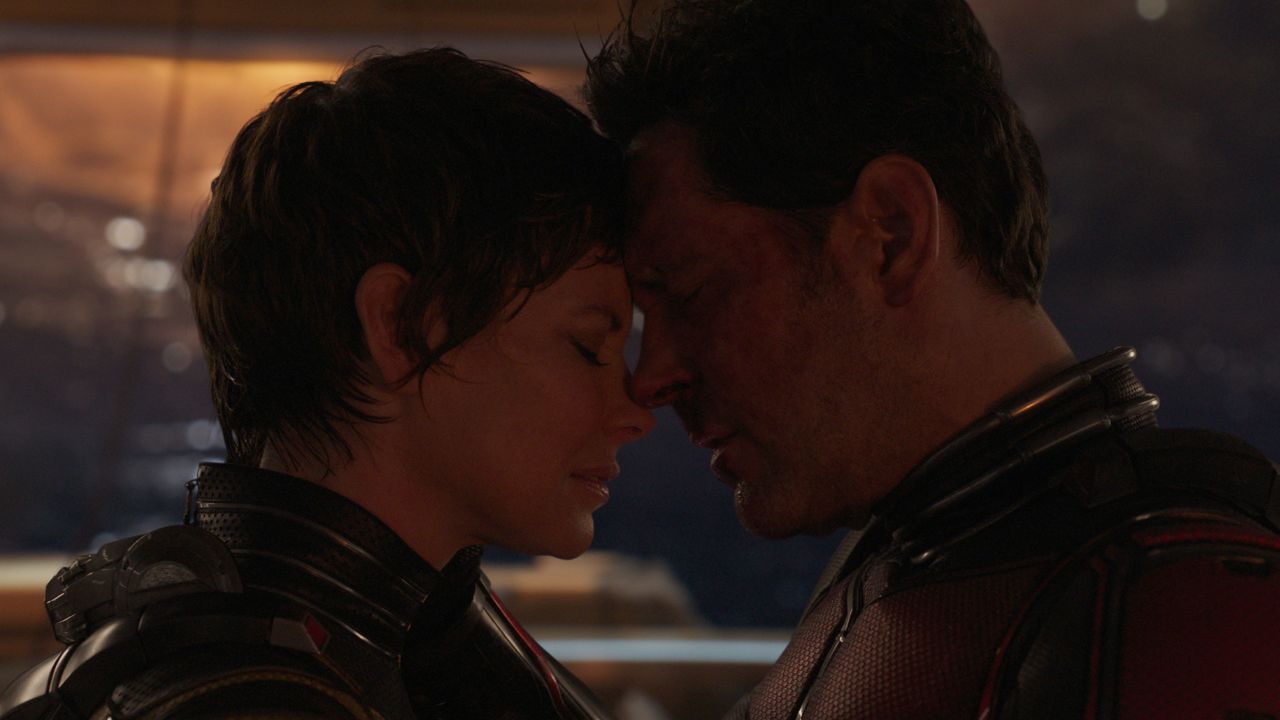
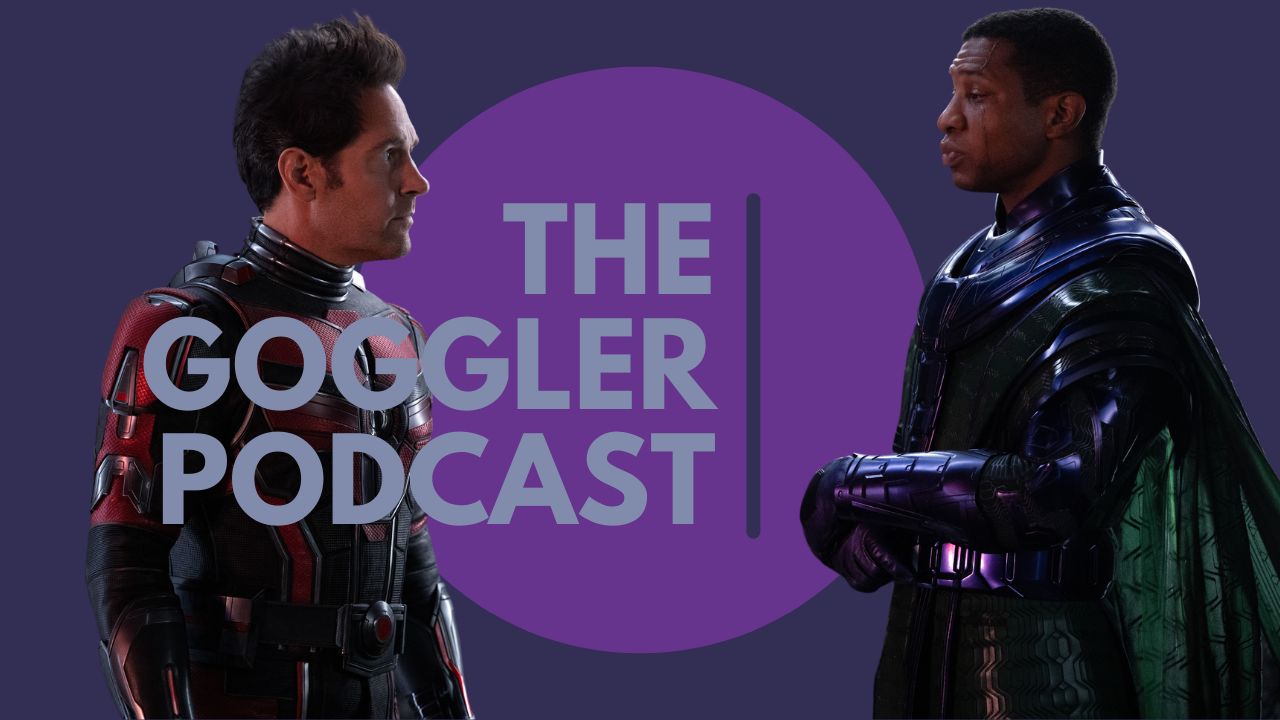

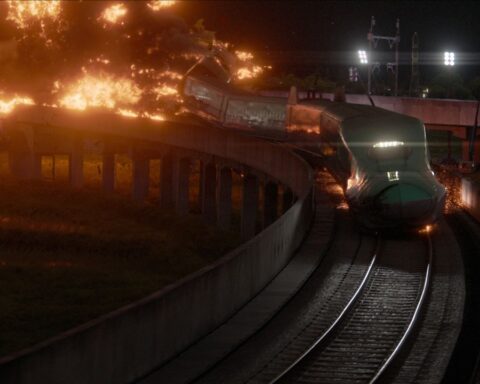




Follow Us